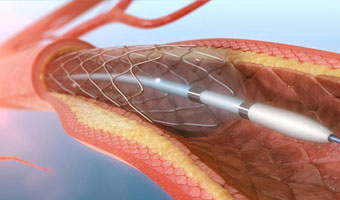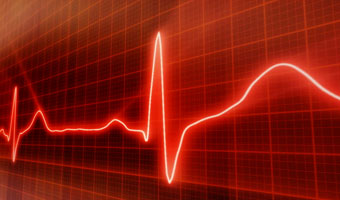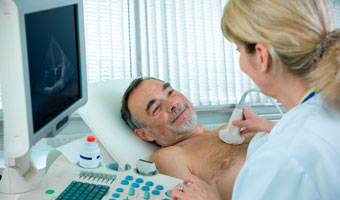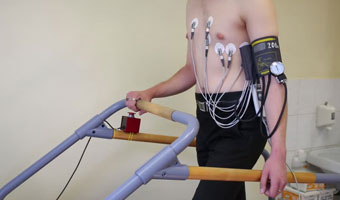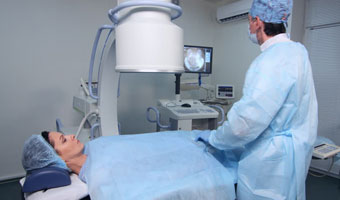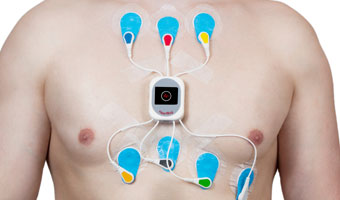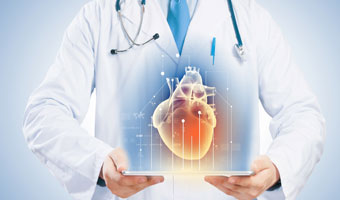Your Heart Our Team
From heart attacks to arrhythmias to congestive heart failure, We diagnose and treat the full range of heart conditions. We emphasize preventative cardiology and work closely with our patients to help them mitigate long term heart damage and to lead heart healthy lives.
Our team of electrophysiologists have helped thousands of patients with heart rhythm disorders or arrhythmias, often “re-wiring” their hearts to help them beat more regularly and efficiently.
Prediabetes is associated with an increased risk of cardiovascular disease and death in both the general population and in patients with a history of heart problems.
Prediabetes is a “pre-diagnosis” of diabetes – when a person’s blood sugar level is higher than normal, but not high enough to be considered diabetes. It is estimated that more than 470 million people worldwide will have prediabetes by 2030 and up to 70% of them will eventually develop type 2 diabetes.Cardio Services
Angioplasty
Angioplasty is a procedure to open narrowed or blocked blood vessels that supply blood to the heart.
ECG
An electrocardiogram (ECG) is a simple test that can be used to check your heart's rhythm and electrical activity.
Angina & Chest Pain
Angina is chest pain or discomfort caused when your heart muscle doesn't get enough oxygen-rich blood.
Stress ECG
A stress ECG, also called an exercise stress test, shows how your heart works during physical activity.
Breathing Difficulties
You're struggling to breathe shortness of breath might be serious and you'll need to get medical help.
Pacemaker
A pacemaker is a small device that's placed (implanted) in the chest to help control the heartbeat.
Heart Attack
A heart attack occurs when an artery supplying your heart with blood and oxygen becomes blocked.
Cardiac Surgery
Cardiac surgery, also called heart surgery, involves surgical operations performed on the heart under to correct life-threatening conditions.

